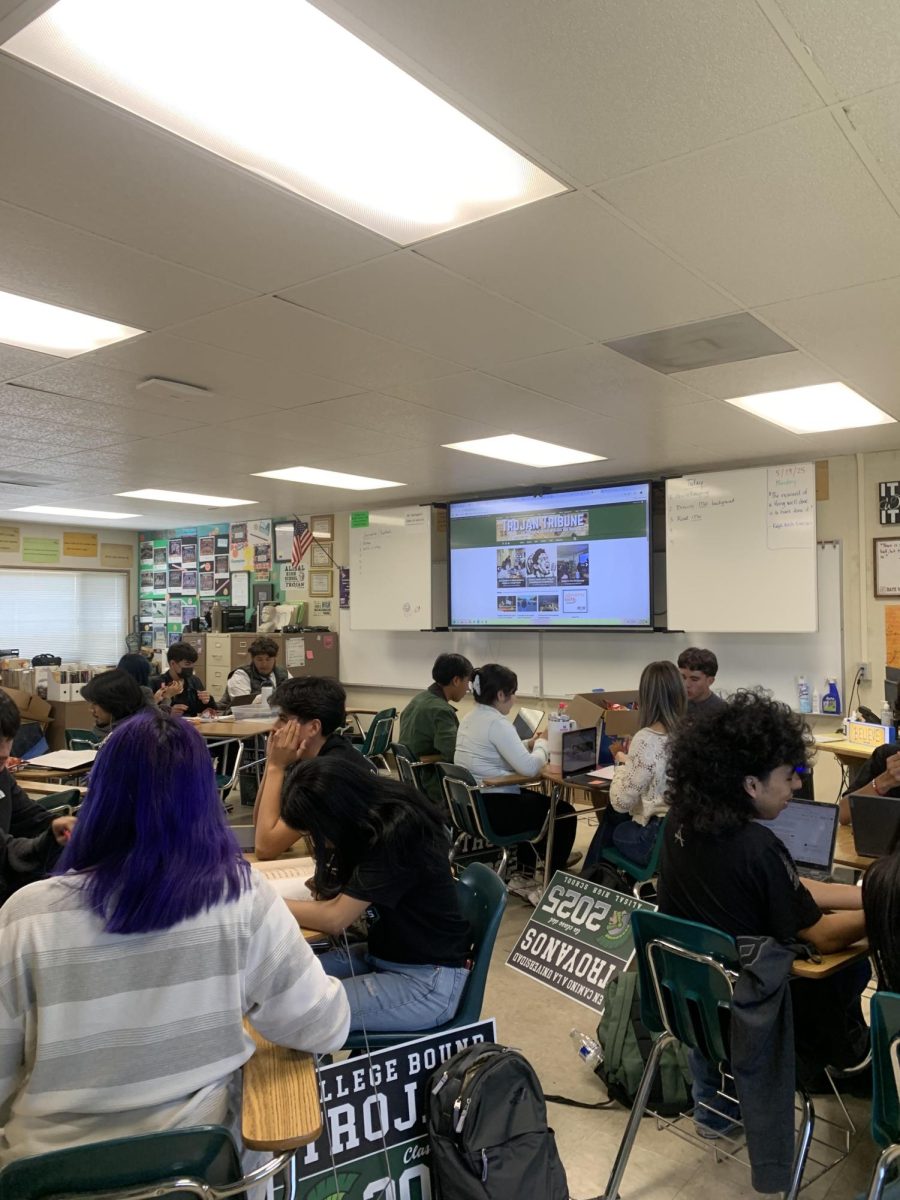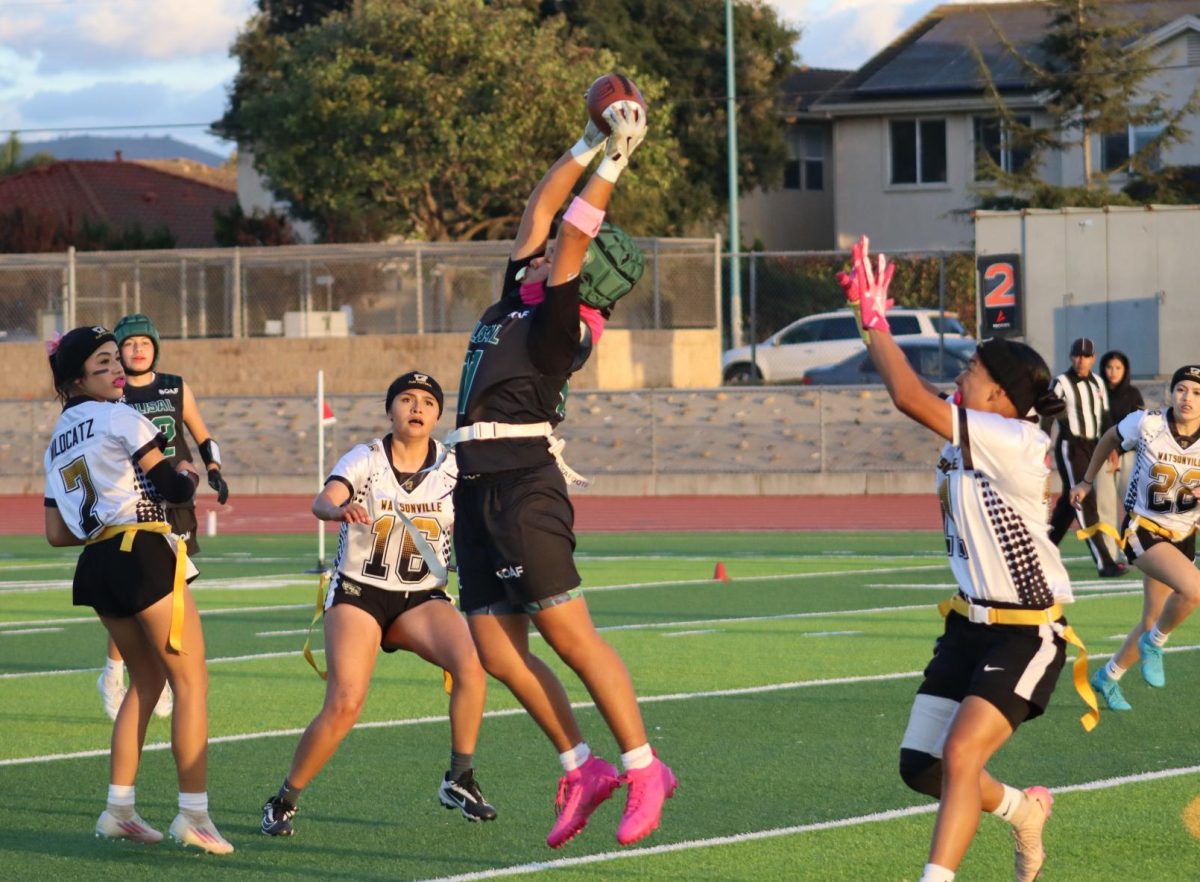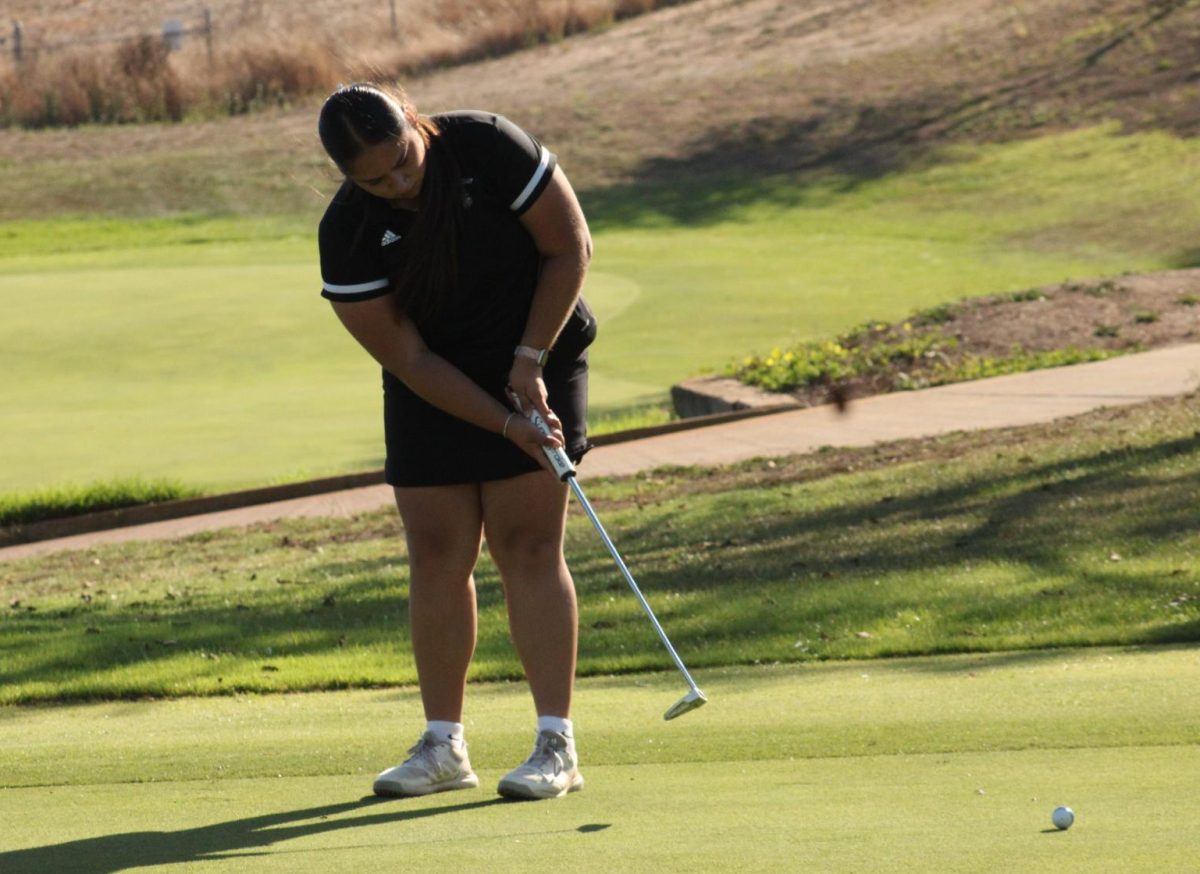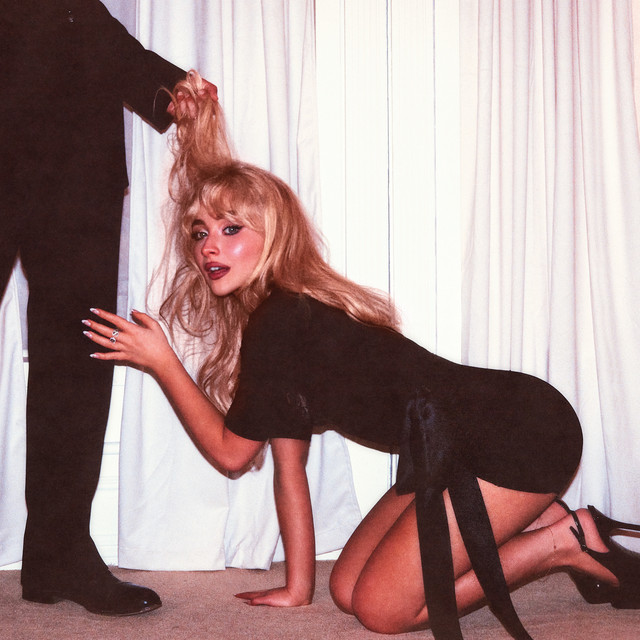High school is often described as some of the best years of a person’s life, but for many students, it can be a time of intense pressure, especially when it comes to their appearance. From whispers in the hallway to hurtful comments online, body shaming has become an all too common part of the high school experience. What is body shaming?
Body shaming is when someone makes fun of or criticizes a person’s body, whether it’s about their size, shape, or appearance. Body shaming can happen to anyone, and it can happen to someone who is skinny, chubby, has acne, the way someone’s eyes look, height, hair, skin, an so on
This behavior can have serious consequences, including damaging a person’s self-confidence, mental health, and body image. It often leads to anxiety, depression, and eating disorders, especially in environments like high schools, where peer pressure and the desire to fit in are intense.
How body shaming happens in high school
Body shaming in high school often happens through teasing, bullying, or gossiping about someone’s appearance. It can occur in person and/or online through social media, where negative comments or memes about someone’s looks can be shared. According to The Effects of Social Media Use on Teens’ Body Image by Gary Goldfield, Ph.D., “Social media may impact body image and mental health via unfavorable social comparisons…Youth are exposed to hundreds, if not thousands, of images a day… This virtual popularity contest can also lead to a strong pressure to post and ‘keep up’,,, resulting in even greater dissatisfaction.”
While people often associate body shaming with girls, boys are also affected. Girls may be shamed for being too thin, overweight, or not meeting specific beauty standards, while boys can be mocked for being too skinny, too muscular, not athletic enough, or not fitting into the “ideal” male body type. Both genders face pressure to meet unrealistic body standards.
The impact on mental health and my experience
Body shaming can have a severe impact on mental health. It can lead to anxiety, depression, and social withdrawal as people become self-conscious or afraid of being judged. In some cases, body shaming can contribute to eating disorders, such as anorexia or bulimia, as individuals may try extreme methods to change their appearance. The constant pressure and negative comments can make people feel isolated, powerless, and emotionally distressed, especially in a high school setting.
According to the article Body Shaming: The Effects and How to Overcome It by Alice E. Schluger, Ph.D., “…dieting can spiral into harmful behaviors like skipping meals, fasting, vomiting after eating, excessive exercising, or overusing laxatives.”
In my freshman year, I was in the locker room when some said, “She’s bigger than I thought.” It hit me hard. I’d always been a little insecure about my body, but hearing someone else point it out made it worse. From that day, I started seeing myself differently, like my body was something wrong.
It wasn’t just that one comment. At lunch, people would joke, “Are you sure you need that?” or say I should try eating less. It felt like everyone had an opinion about how I looked, and it made me want to hide. I started wearing baggy clothes, avoiding social events, and trying to stay out of sight. I then started to develop a bad habit of comparing myself to other girls on social media and at school. I would always have the same thoughts every time. I always thought, “I wish I looked like her,” or “Why can’t I look just as pretty as them?”
It only worsened over time. I felt like I was in the wrong body or born with the wrong body. I hated everything about myself, I hated my personality, my body shape, my facial features, and my hair. I hated everything, including the way my voice sounded. Over time, I began to “adjust” my personality to a person’s liking. I had many different personalities for different groups of friends. There would be days when I wouldn’t eat lunch or I would overeat, and it just worsened my view of myself.
But even when I tried to change how I looked, I didn’t feel any better. One day, I was hanging out with my sister, and we somehow got on the topic of body shaming. That’s when I finally talked about how I felt about myself. My sister made me realize that the problem wasn’t my body, it was the way people made me feel about it.
I decided I couldn’t keep letting their comments control me. So, I started focusing on what made me happy. I followed people online who talked about body positivity (Clara Dao and Grace Tutty) and hung out with friends who didn’t make me feel bad about myself.
There would be times when I would go back to comparing myself to others but I always try to remind myself that I don’t need to please everyone, I don’t need to listen to everyone’s hateful comments and hurtful jokes. Little by little, I learned to appreciate my body for what it is, not what others think it should be. I’m still on that journey, but I’m getting stronger every day. Body shaming hurts, but it doesn’t define who I am. I get to decide who I truly want to be.







![Senior Jayden Duarte dives across the goal line for one of his five touchdowns in a dominant 62-40 victory over Monterey. It has been a highly successful season for Duarte, and he credits his coaches for putting him in positions to succeed and make key plays. “The goal is to help wherever the coaches need me, receiver, running back, [and] DB,” he said.](https://alisaltrojantribune.com/wp-content/uploads/2025/10/IMG_3599-2-1200x800.jpg)
















